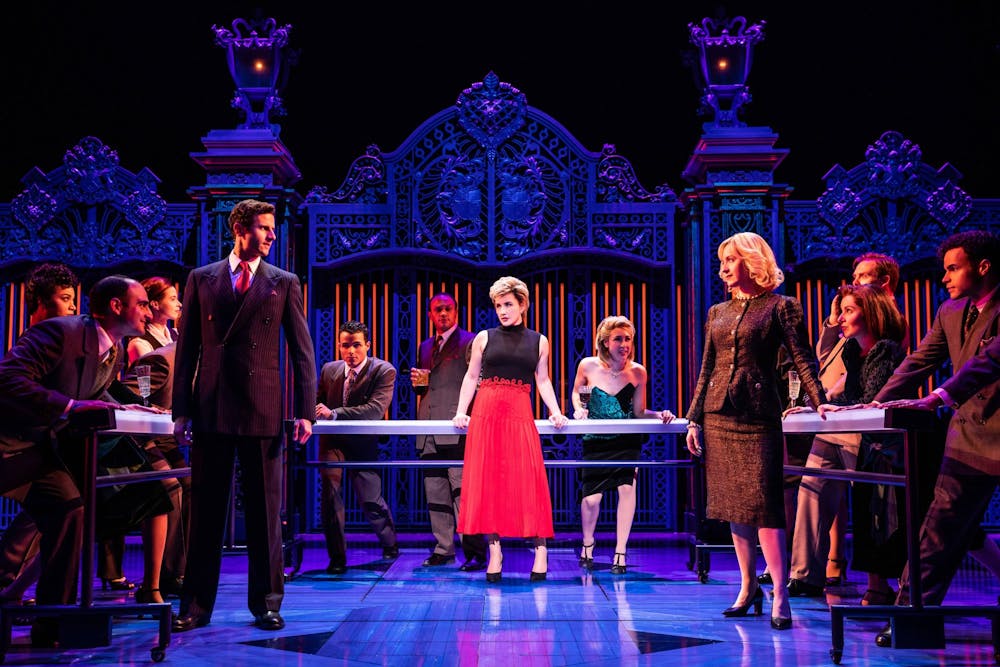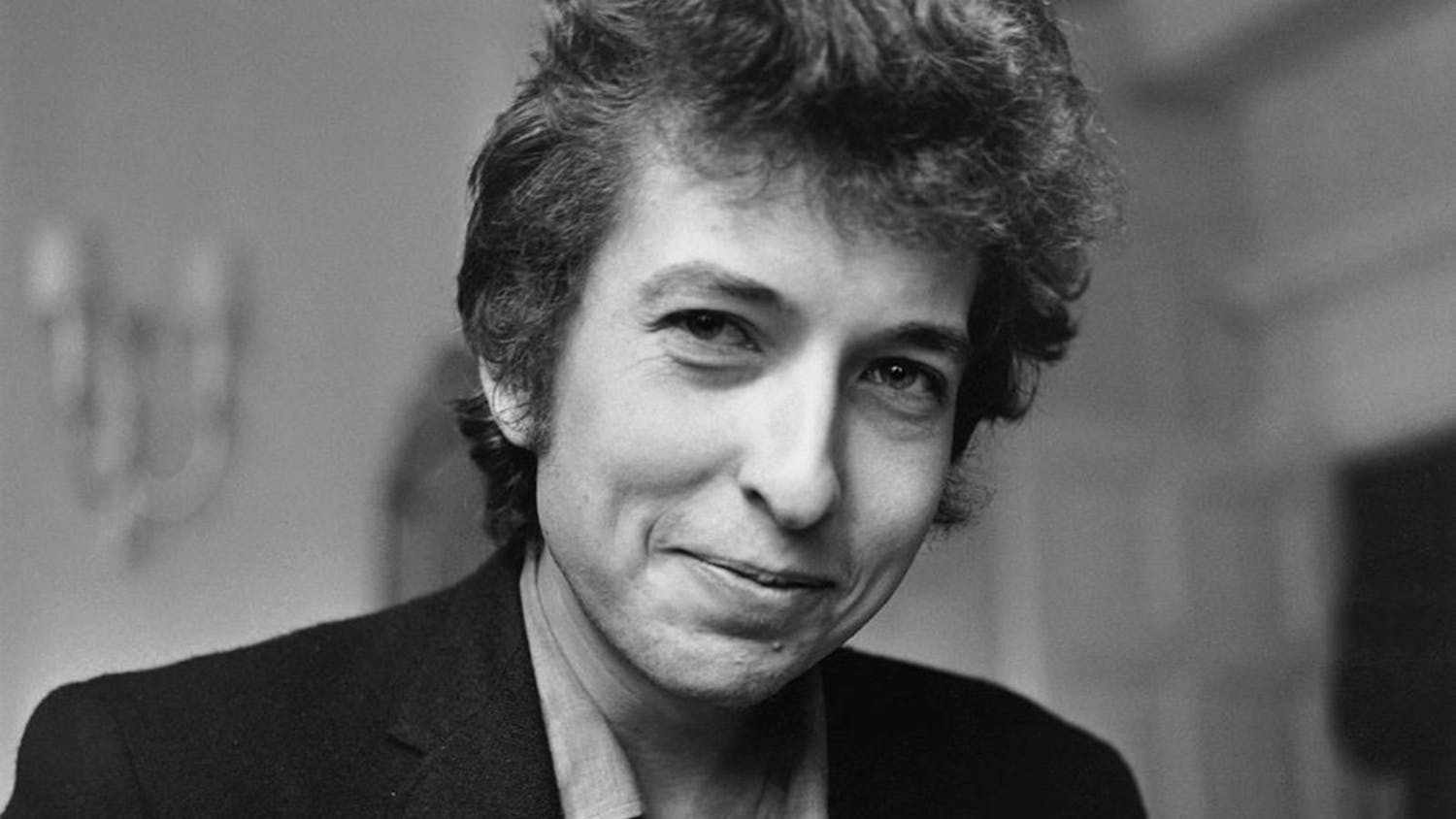Even though “Diana” survived the pandemic and opened on Broadway in November 2021, the production’s creative team announced on Dec. 10 the show would close on Broadway after just 33 performances and 16 previews.
This was no surprise even to fans of the show. The musical was scathed by Jesse Greene in the New York Times and received multiple Razzie awards after its release on Netflix. Social media lit up with criticisms and harsh judgment.
“Diana” deserves much of the criticism it gets, but the hype around negative reviews significantly prevents the admiration of much of the musical's incredible upsides. “Diana” should not be written off as a Broadway flop, no matter how tempting it is to dismiss it.
Director Christopher Ashley steers the leaky ship of a show in the most effective ways, taking an occasionally unsalvageable script and mounting it in the truth of each moment, and there are a lot of moments to cover. Navigating through 16 years at such a quick pace meant time certainly wasn't wasted. It moved as quickly as it does in our own lives.
Jeanna de Waal's Diana — who could so easily get lost in the page turns, rapid jumps and quick changes — seems to float gracefully from scene to scene while gaggles of ensemble members take care of the rest. Her stage presence alone is enough to make the show. Even more impressive is her seasoned voice singing 17 songs a day, sometimes twice.
Costume designer William Ivey Long's costumes, which almost assume a character of themselves, also give de Waal the ability to harness Diana's charming, chic fashion sense. Those who love the late Princess are left dazzled by Long's creativity and attention to detail.
The design of this production reads phenomenally. From the rose-adorned curtain to the customizable LED displays and sleek flooring, the modern take on the oldest English institution touts versatility and innovation in scenic transitions. David Zinn's work as scenic designer can be thanked for keeping the show visually engaging.
If there's anything that guides a musical most, it's the score. While the musical brings the occasional corny disappointment, numbers like "Underestimated," the songs "I Will" and "Whatever Love Means Anyway" tie pleasant music to messages of love and loss quite effectively, with only the occasional lyrical atrocity.
In an odd take, I believe the most exquisite number of the show to be "I Miss You Most on Sundays," where Erin Davie's Camilla Parker-Bowles lyrically expresses her idea of love in little affections shared before the chaos of each week begins. Though I adore the song, I am quite disappointed to emerge from “Diana” with an affinity for anything Parker-Bowles related.
One criticism I'll concede to regards oversimplifying the plot and occasionally circumventing the truth. As a lover of the British royal family and the son of a Diana-devotee mother, viewing the production sometimes made it seem like fact and reason had left the premises in favor of dramatization. But then again, nobody attends a musical for cold hard facts and fair representation.
But among mine and others' praise, many people meet me with unwavering distaste. My only wish is that the triumphs of the production not be bogged down by its shortfalls.
“Diana” gives us a dust storm of chaotic ideas that, when the sun hits correctly, glimmers and shines in a fantastical spectacle. While criticism is deserved, check your coat of pessimism, expectation and superiority at the door and enjoy all that comes with the show.
When you thoughtfully forgive errs, you allow joy to shine through in the brightest of ways. I suggest you try that with “Diana.”




